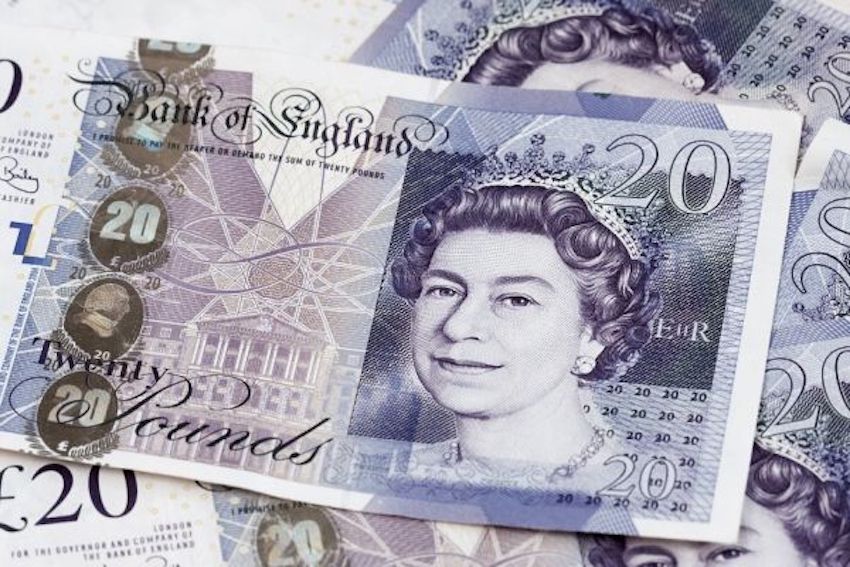


The word ‘lawyer’ often conjures up the thought ‘money'. It’s not surprising. Lawyers are expensive. In fact, I very often advise my clients to stay away as much as possible.
But, often, the costs of engaging lawyers are misunderstood.
Recently, there was media coverage about lawyers charging £600 and £700 an hour, and the press stories reported how a losing party in a legal case had had to pay at those rates.
While I don’t know the particular case, I do know that what was reported cannot have been the whole story. To explain why that is, I need to tell you about some basic rules regarding legal costs.
First, the general rule is a losing party to an action has to pay the winning party’s legal costs. That is not a fixed rule, but in most cases it is the order the court makes. Most people would agree with that: if you have been sued and you succeed in defending the case (or vice versa) why should you have to pay the legal costs of that action? That is why the rule exists. However, if you are a winning party, and you have behaved in a way that the court is critical of, then the court may penalise you. It may only entitle you to a part of your legal costs or, in some cases, it may say you have to pay your own.
So, provided you behave properly during the litigation, you should recover your costs. But, what does that mean?
In most cases it does not mean you get back all you spent. How much you get depends on what order the court makes. The general order is you get your costs back, but these are to be assessed on the ‘Standard Basis.’ This involves a department of the court looking through the various costs incurred and deducting certain entries, if it is doubtful about whether the work carried out (or the time spent) was appropriate. If there is doubt about that, the court disallows money for that particular part to be recovered. While this is a generalisation, the outcome of this assessment is about 35% of the work carried out/time spent is disallowed.

Pictured: "Lawyers are expensive. In fact, I very often advise my clients to stay away as much as possible."
So, at this point, the paying party is having to pay for about 65% of the lawyer’s work. However, it doesn’t stop there. The court will not allow a party to recover at excessive hourly rates. The maximum hourly amount that can be recovered is set by the court from time-to-time, and a losing party cannot be charged more than that amount, irrespective of what hourly rate the winning party has had to pay his/her lawyer. That capped maximum rate is NOT £600 or anywhere near it. The maximum is more in the region of £240 per hour. It is for that very reason I know there is more to the story I referred to above, than was reported. There’s more to it, because there is no way a court would make a party pay at that rate; unless what I talk about below applies.
In some instances, if a party to litigation has behaved in a way of which the court is highly critical, then the court can order ‘Indemnity Costs’. This means the hourly rate which is recovered is the actual hourly rate that was charged by the winning party’s lawyer, and not the rate which is set as a maximum by the court. By all accounts, if a party has had to pay costs at such a rate then they have behaved badly during the court process. While that party may complain bitterly about having to – more or less – fully reimburse their opponent, the likelihood is that it would be unfair on the ‘winner’ not to make such an order.
While buying and selling houses is not something most people do many times in their lifetime, I should also point out that lawyers’ costs have massively reduced in this area. Years ago, the public were compelled to pay costs at the rate of 1% of the value of the property which they were selling or buying. That was a fixed fee, and there were no reductions available. That rate disappeared years ago. A telephone call to a few different law firms will soon disclose the costs of transacting property varies enormously from one firm to another, and those costs are nowhere near the rates that used to apply. Those who have bought or sold property will probably know that while lawyers no longer charge % rates, other industries do, like estate agents for example.

Pictured: "Reaching an understanding is always better than having a fight."
I want to make it clear that I am not defending lawyers’ fees. What is reasonable and appropriate will vary from lawyer to lawyer and case to case. For this reason, it is very difficult to generalise either for, or against, particular legal costs. But, what is important is that what is reported is the full story and not part of it. For the record, I do agree legal costs are expensive and I do recommend – in the nicest possible way - you avoid lawyers if you can. Reaching an understanding is always better than having a fight, and normally much cheaper.